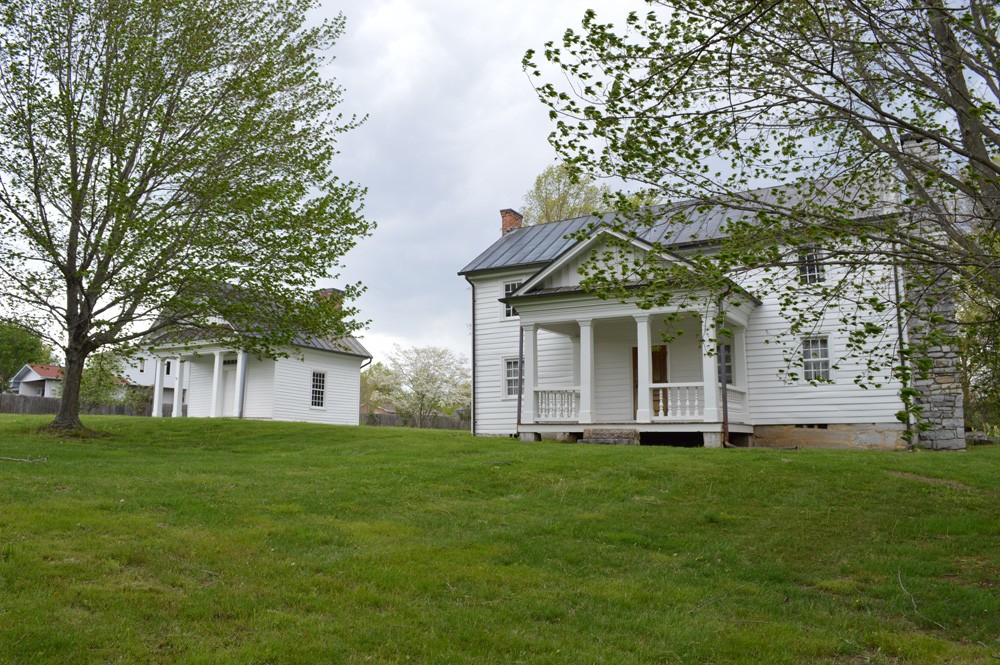Tipton-Haynes State Historic Site

Address & Contact Information
Street
2620 South Roan Street
Johnson City, TN 37601
(423) 926-3631
Mailing
P.O. Box 225
Johnson City, TN 37605
Hours
Please verify hours by calling the site before visiting.
Summer (March 1 - October 31)
9 am to 4 pm Tuesday - Saturday
Last Guided Tour starts at 3:15 pm
Winter (November 1 - February 28)
Call for hours
About Tipton-Haynes State Historic Site
Please see Tipton-Haynes' official web site for current hours of operation. The Tipton-Haynes site represents various periods of Tennessee history, from pre-colonial times to Reconstruction. An ancient buffalo trail ran near the site of the "bold spring," and the grounds were frequented successively by the Woodland Indians, the Cherokees, and European explorers and traders.
The site was later inhabited by Colonel John Tipton, a former member of the Territorial Assembly, U.S. Territory South of the River Ohio, who built a substantial log house in 1784. His career embraced the controversial State of Franklin and early Tennessee statehood. Tipton was also a member of the Tennessee legislature and a signer and a framer of the first Tennessee Constitution. In an area including this site, the Battle of Franklin was fought in 1788, the only armed skirmish between supporters of the proposed state and their opponents, who were loyal to North Carolina. John Tipton, Jr. inherited the home in 1813. He served in the Tennessee General Assembly from 1803 to 1819, and was lieutenant governor and president of the senate for the last of these sessions.
In 1839, the estate was given as a wedding present to Landon Carter Haynes, who had the home enlarged and renovated. He also had built a free-standing office building, where he practiced law. He, too, served in the state legislature (1845-51), and he was Speaker of the House in 1849. From 1846 to 1849, Haynes was editor of his brother-in-law's paper, The Tennessee Sentinel, which opposed the views of The Whig, edited by William G. Brownlow, a personal and political antagonist. Haynes is chiefly remembered for his sponsorship of railroad-building and for his brilliant oratorical skills. A states' rights advocate, Haynes served as a Confederate Senator. Arrested after the Civil War and pardoned by President Andrew Johnson, Haynes moved to Memphis, where he died in 1875. Today the site is managed and operated by the Tipton-Haynes Historical Association.
This Page Last Updated: June 6, 2023 at 12:56 PM